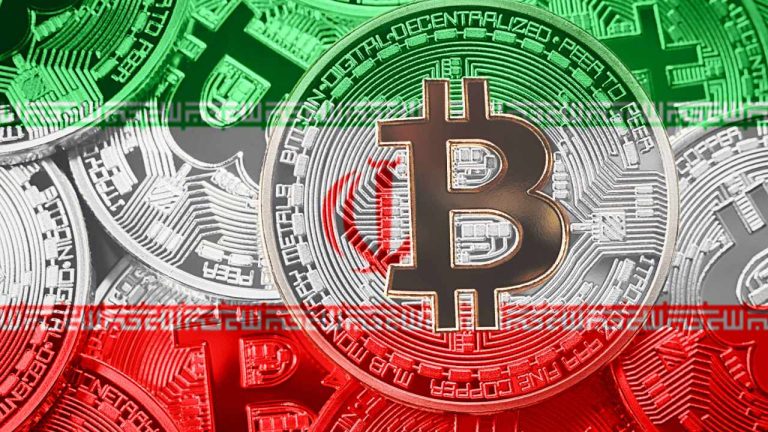
The government of Iran has finalized a set of cryptocurrency regulations. A “comprehensive and detailed” law ratified by the administration provides a regulatory framework for cryptocurrency, including their authorized usage and crypto mining, a government official reportedly said.
Iran Finalizes Crypto Regulations
The Iranian government has evaluated all issues relating to cryptocurrencies and approved a set of cryptocurrency regulations, Reza Fatemi-Amin, the minister of Industry, Mines, and Trade, told reporters at the conclusion of an automotive industry event in Tehran Sunday.
He explained that the government has ratified a “comprehensive and detailed” law that defines cryptocurrency regulations, including the use of fuel and electricity for crypto mining and the authorized uses of cryptocurrencies, Tasnim news agency conveyed.
The minister added that under an agreement between his ministry and the central bank of Iran, cryptocurrency can be used to pay for imports. He additionally noted that local business owners can import cars using cryptocurrencies instead of the U.S. dollar or euro.
The use of cryptocurrency to pay for imports is seen as a way to circumvent U.S. sanctions imposed on the Iranian finance and banking sector, allowing Iran to trade with countries similarly embargoed by U.S. sanctions, including Russia.
Minister Fatemi-Amin was quoted by Iran International publication as saying:
All the issues related to crypto-assets, including how to provide fuel and energy, and how to assign and grant licenses were devised.
Earlier this month, Alireza Peymanpak, vice minister of Iran’s Ministry of Industry, Mine, and Trade and president of the country’s Trade Promotion Organization (TPO), said the first official import order was successfully placed with cryptocurrency worth $10 million. He added: “By the end of September, the use of cryptocurrencies and smart contracts will be widespread in foreign trade with target countries.”
The minister of Industry, Mines, and Trade noted that many mining farms are operating illegally in Iran. He explained that some crypto miners were previously licensed and authorized to operate in the country. However, their operations were subsequently halted. Fatemi-Amin said that the government has decided to resume issuing licenses for crypto mining operations under the new regulatory framework.
Iran has a complex relationship with cryptocurrencies. In August 2019, the Iranian central bank banned crypto trading inside the country but the government has since allowed the use of cryptocurrencies, like bitcoin, to pay for imports. The authorities have not disclosed which other cryptocurrencies are allowed to be legally used for this purpose.
Iran also legalized cryptocurrency mining in August 2019. The country then established a licensing framework for crypto miners, requiring them to obtain authorization, identify themselves, pay higher tariffs for electricity, and sell their mined bitcoins directly to the government.
However, in December last year, the Iranian government ordered licensed cryptocurrency miners to temporarily stop operations due to extreme weather taking a toll on the country’s power grid during the cold months. Tavanir, the Iran Power Generation, Distribution, and Transmission Company claimed that illegal cryptocurrency mining in Iran accounted for nearly 85% of the industry’s power consumption. The national electricity company then announced a four-month ban on crypto mining in May. The authorities lifted the ban in mid-September after licensed crypto mining facilities voluntarily shut down their operations to ease the electricity burden.
What do you think about Iran approving “comprehensive and detailed” cryptocurrency regulations? Let us know in the comments section below.
Powered by WPeMatico
